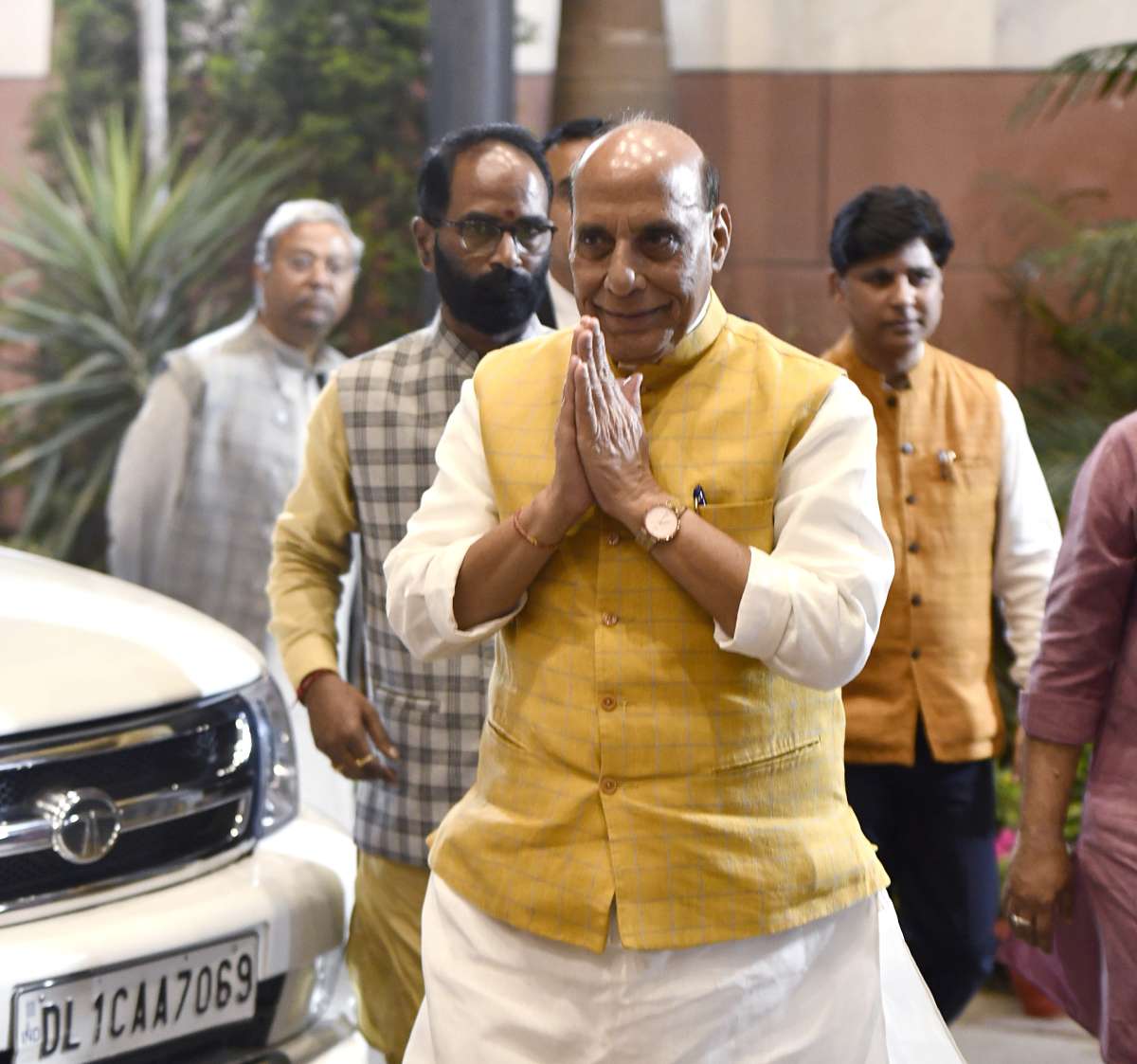Telecommunication minister said steps are being taken to prevent internet issues and acknowledged the problems faced by the public due to widespread internet disruptions…reports Asian Lite News
Pakistan’s State Minister for Information Technology and Telecommunication, Shaza Fatima Khawaja on Sunday rebuffed claims of the government blocking or slowing the internet services and said that the slowdown is because of excessive Virtual Private Networks (VPN) usage by the people, Pakistan-based daily, the Express Tribune reported.
Shaza Fatima while addressing a press conference stated that steps are being taken to prevent internet issues and acknowledged the problems faced by the public due to widespread internet disruptions.
She said that the spike in VPN usage led to a massive load on internet services, causing it to slow down, reported the Express Tribune
Earlier, the Lahore High Court on Saturday directed the federal government and the Pakistan Telecommunications Authority (PTA) to submit their responses to the recent internet disruptions affecting millions of people in Pakistan.
While hearing a petition filed by Noman Sarwar against the nationwide internet “shutdown,” Justice Shakil Ahmad announced the reserved verdict on Saturday. He instructed all parties involved to have their representatives appear before the court and submit their responses on August 21.
The federal government has attributed the issue to the purported testing of an internet firewall aimed at regulating social media. This firewall, equipped with filters, is intended to block unwanted content from reaching a wider audience.
Internet speeds in Pakistan have slowed down significantly, causing concerns for businesses and individuals who rely on fast and reliable connectivity. The slowdown is reportedly linked to increased government monitoring of internet traffic, aimed at enhancing security and surveillance, reported Dawn.
Many businesses are contemplating relocating to countries with more stable internet services, threatening Pakistan’s reputation as a digital entrepreneurship hub and economic stability. Industry leaders warn that the current conditions are damaging the country’s ability to compete globally.
The Wireless and Internet Service Providers Association of Pakistan (WISPAP) issued a statement noting that the government’s move to boost security and surveillance has unintentionally caused serious damage to the country’s digital economy.
“Over the past few weeks, internet speeds have plummeted by 30 to 40 per cent, creating a chaotic situation for businesses and individuals who rely heavily on fast, reliable connectivity.
“The association noted that the effects have been especially severe for call centers, e-commerce professionals, remote workers, and individuals running electronic-related businesses.
“These sectors, which form the backbone of Pakistan’s burgeoning digital economy, are now struggling to maintain operations, and the slowdown is threatening their very survival,” the statement read. It also mentioned that the situation had become so critical that many businesses are contemplating moving their operations to other countries with more stable internet services, reported Dawn News.
WISPAP Chairman Shahzad Arshad expressed frustration, stating, “It’s a very discouraging situation for our customers. Many are leaving the smaller ISPs because they cannot sustain the poor service quality anymore. If this continues, we will see a mass exodus of businesses from Pakistan.”
The heightened surveillance and subsequent inability to use VPNs are exacerbating the problem, particularly for international businesses and freelancers who need secure and consistent internet access for their work.
Meanwhile, the Pakistan Telecommunication Authority (PTA) has denied that a government-installed firewall is responsible for the disruptions, despite user speculation.
However, the future of Pakistan’s digital landscape remains uncertain, with both businesses and consumers suffering due to the slowdown. (ANI)
ALSO READ: India, Maldives Discuss Security, Trade In Jaishankar Visit














